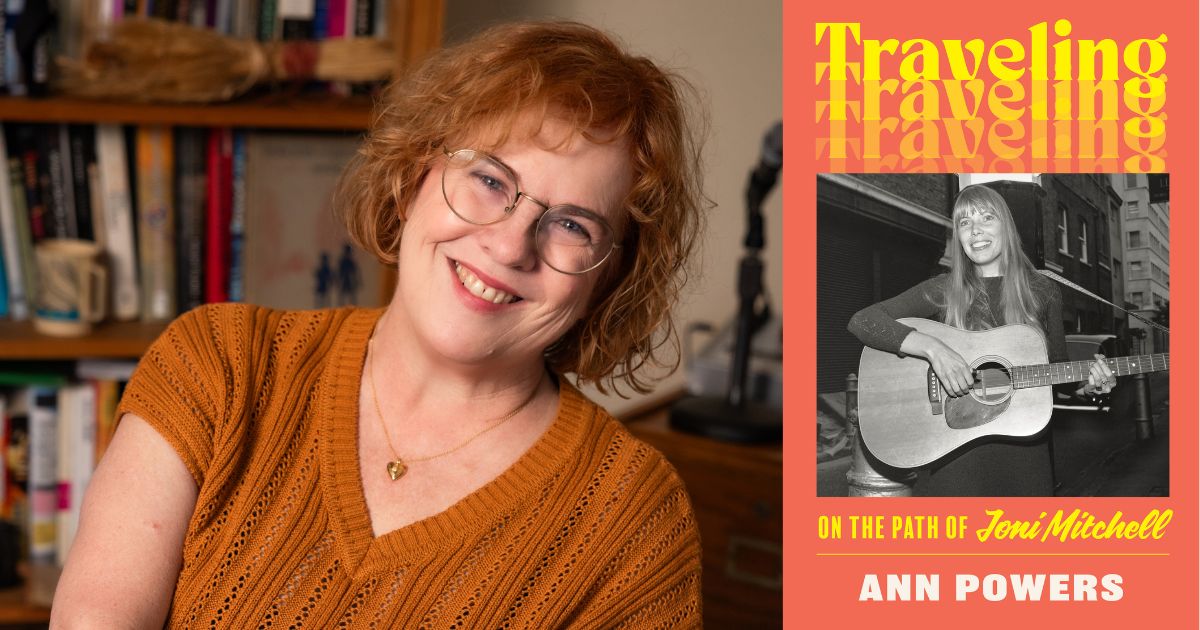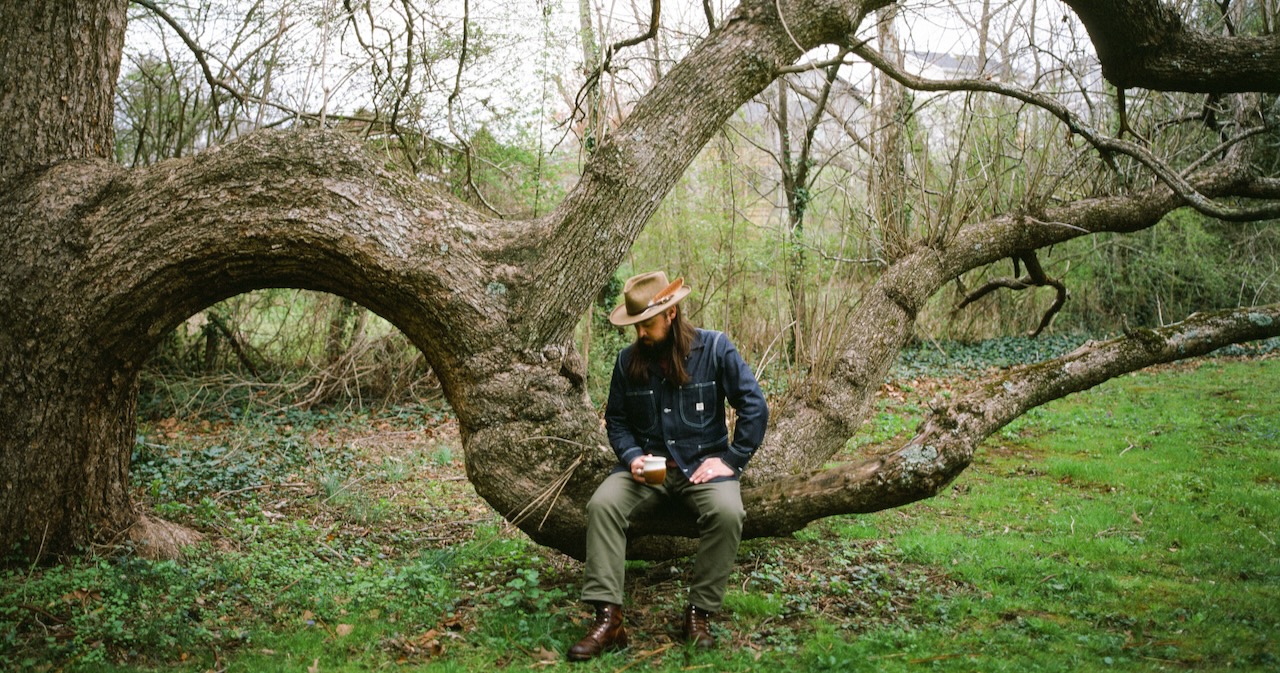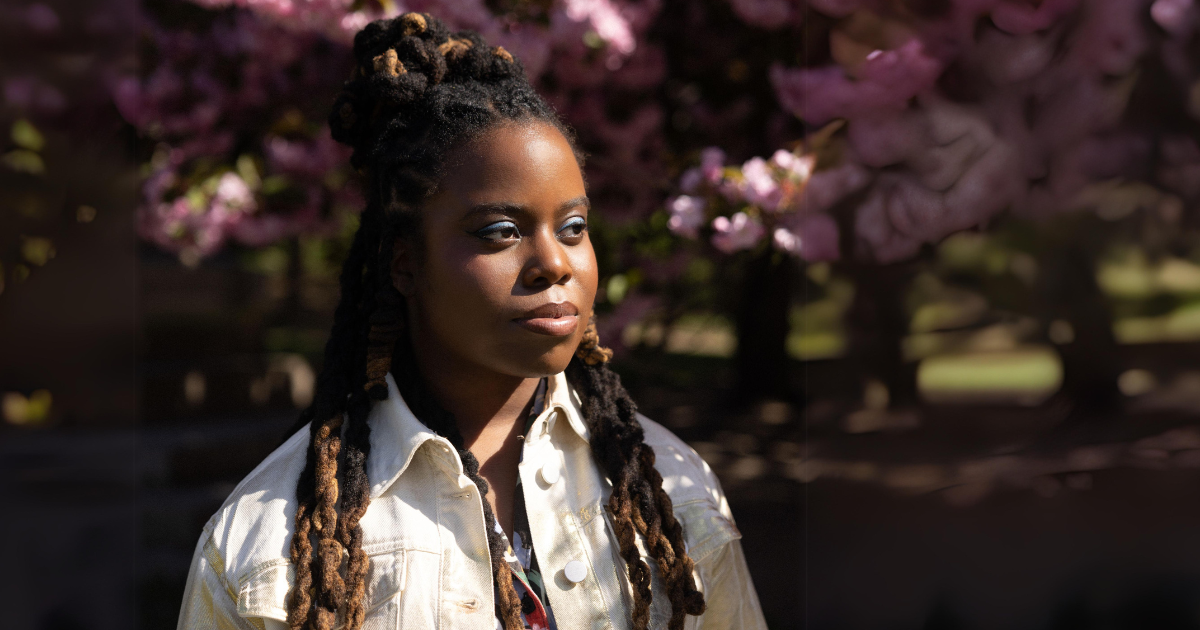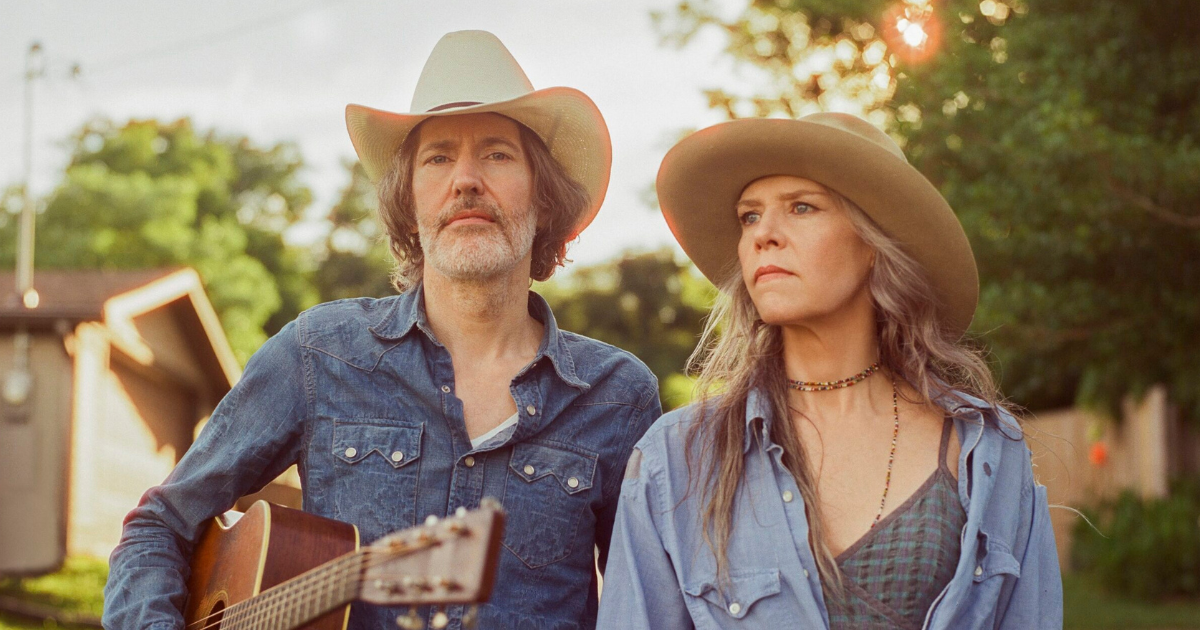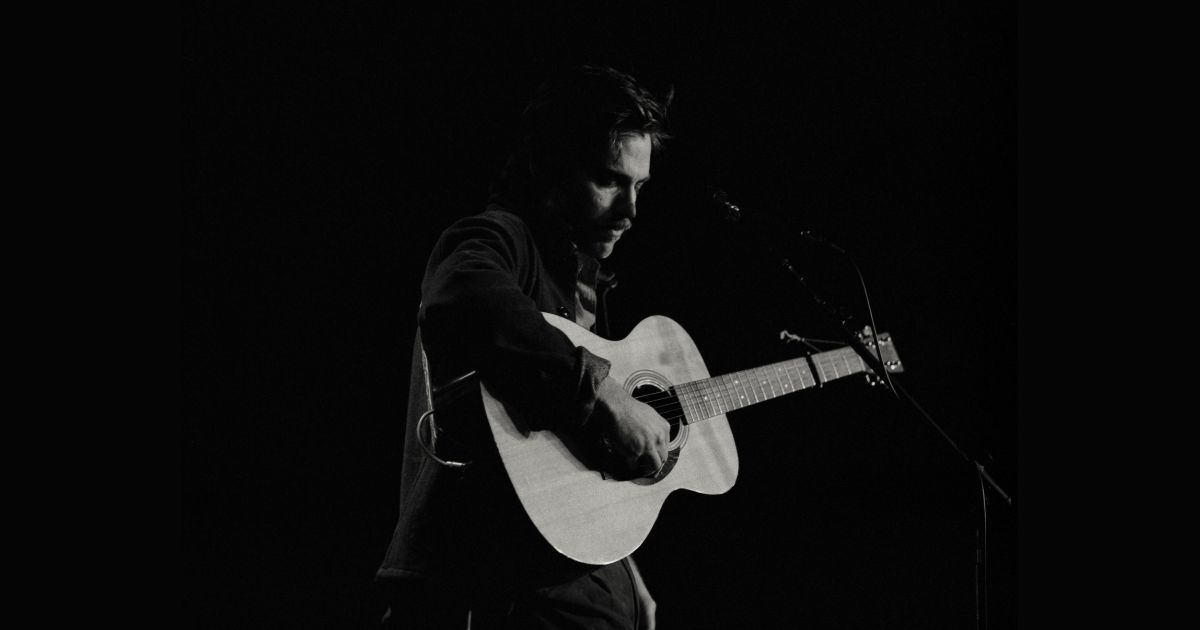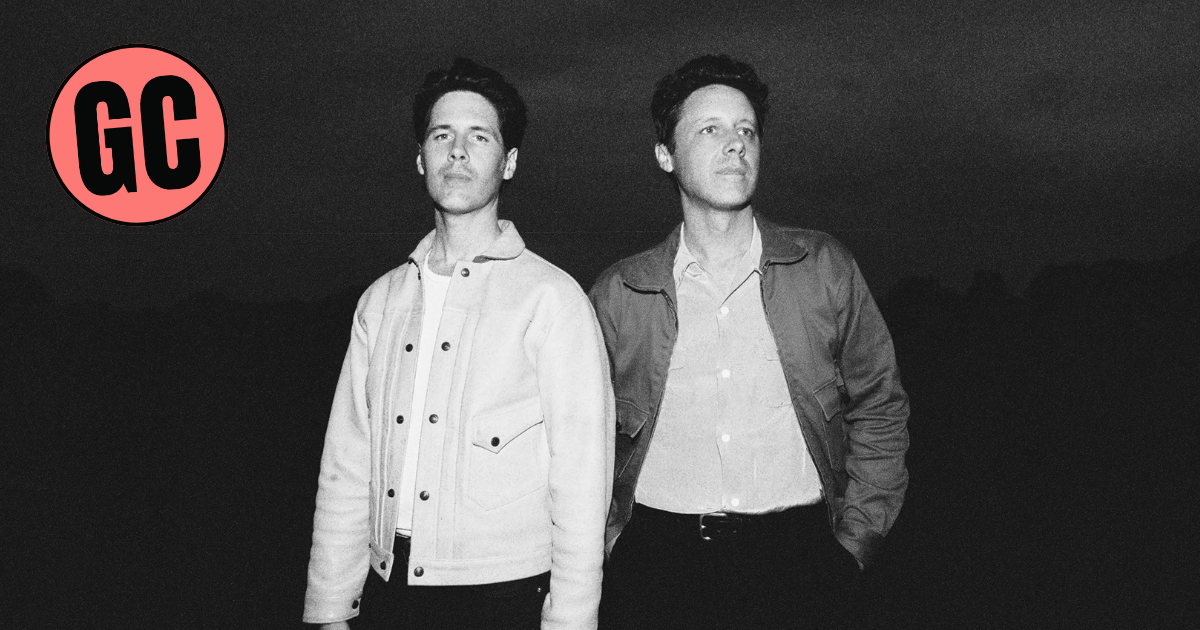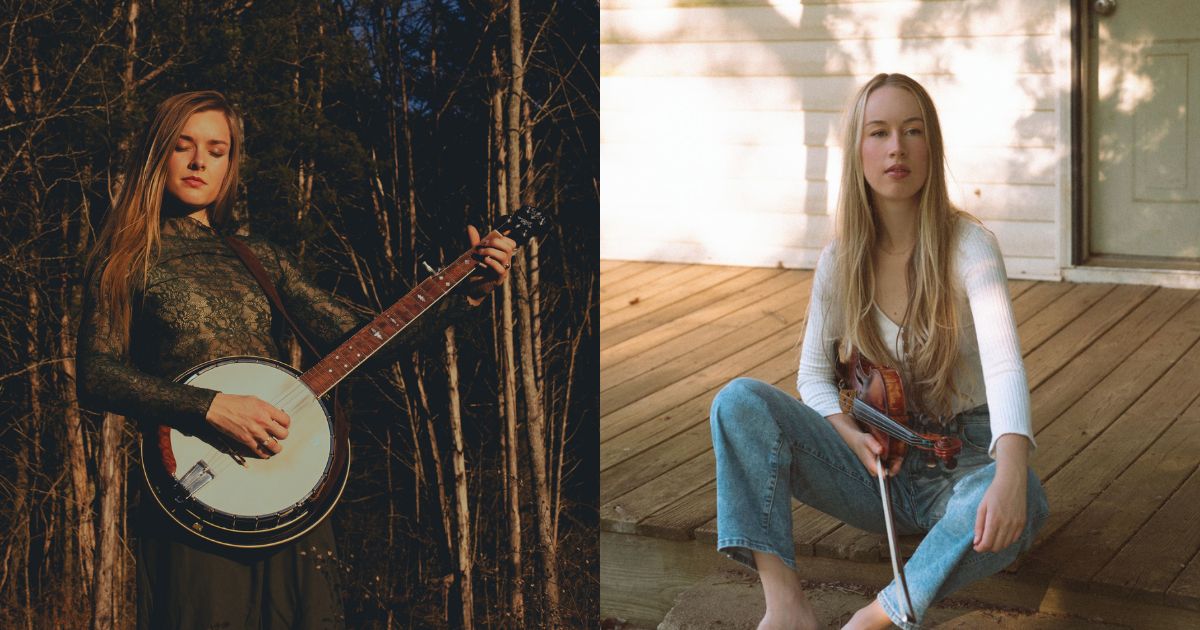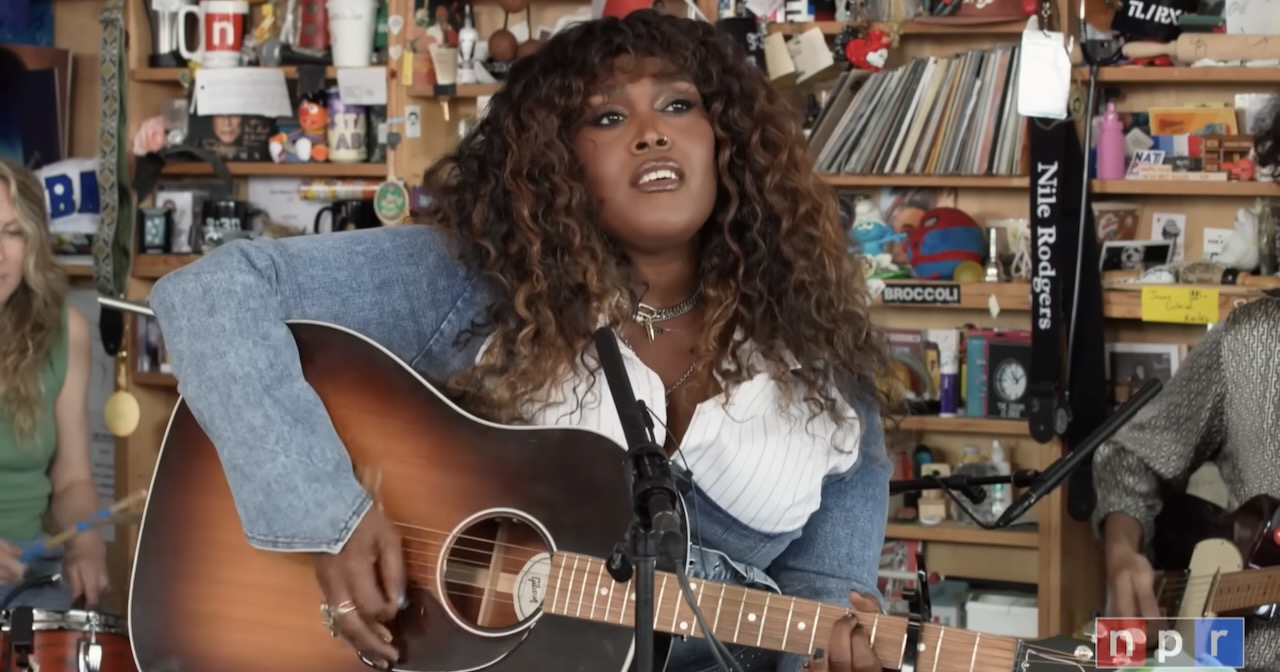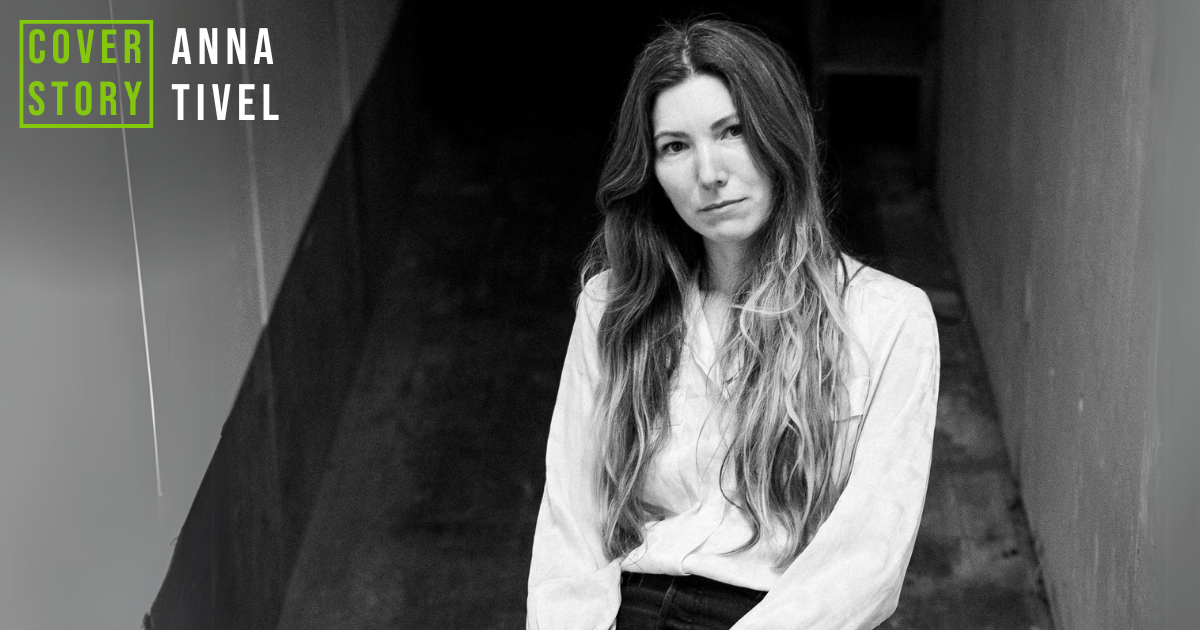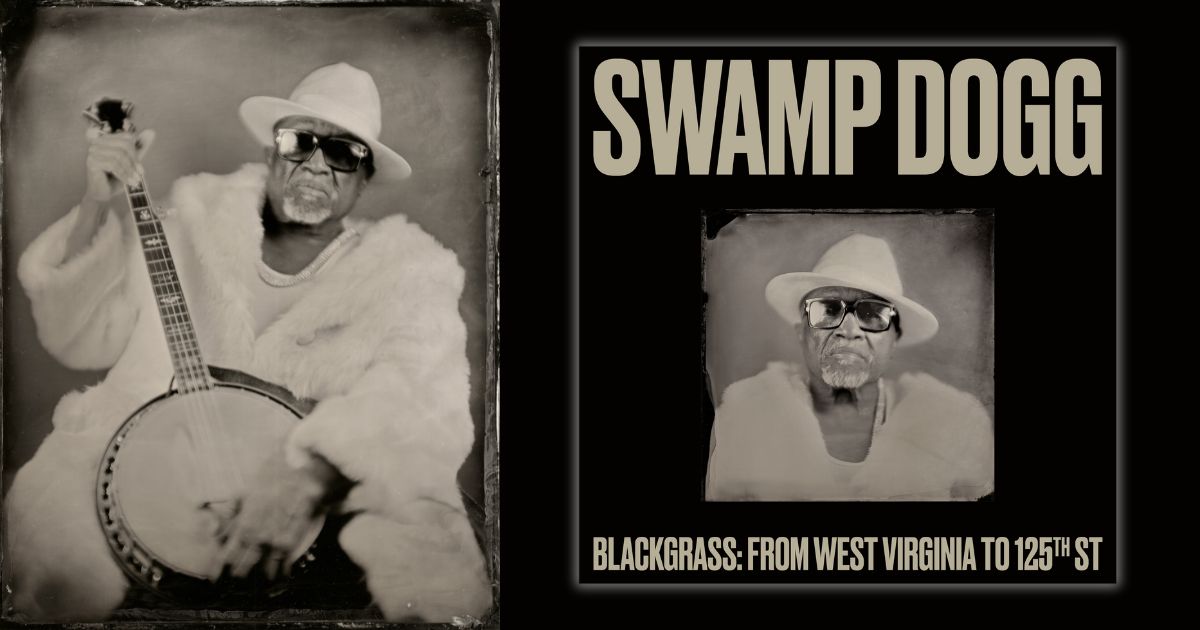Journalist, author, and cultural critic Ann Powers released her latest book, Traveling: On the Path of Joni Mitchell, in June of this year. A thought leader in pop and pop culture criticism – and an occasional BGS contributor – Powers considers this legendary figure in folk and American music with deliberation and intention. Traveling isn’t merely a biography or a retelling of well-known and oft-repeated Mitchell lore; instead it’s a careful consideration of the artifice and sincerity, publicity and privacy, myth-making and universe-building of this iconic musician, songwriter, and celebrity.
“I wanted to think about how Joni Mitchell became JONI MITCHELL,” Powers relays in her conversation with BGS executive director Amy Reitnouer Jacobs. “How she fought against that in her own life, and how she reinforced the legend as well.”
And how well-timed is this book and conversation, with Mitchell’s mythos at perhaps its lifelong peak? With Brandi Carlile’s assist, Mitchell has been enjoying a “Joni-ssance” of late, with jaw-dropping public appearances over the past couple of years after an extended hiatus and star-studded Joni Jams delighting fans and acolytes from the Gorge in Washington state to Newport Folk Festival in Rhode Island.
Fresh off Mitchell’s headline-grabbing appearances at the Hollywood Bowl on October 19 and 20, we’re sharing our recent conversation with Powers about Traveling, its inception and writing, and how a truer telling of Mitchell’s life and creative journey requires a degree of skepticism – and may just result in becoming an even deeper fan of the one-and-only Joni Mitchell.
Right off the bat, I really connected with your hesitation to write this book, because I find that I have a complicated relationship and love of Joni, and I’ve never been able to put it into words. So when you start your introduction with that exact sentiment, I felt that really deeply. What was your thought process in committing to the book?
Ann Powers: Well, Amy, you understand more than most the thorny relationship we as writers and as lovers and supporters of music have with not artists in particular, but kind of the edifice around the art, or as Joni herself says, “The star-making machinery.” I’m very aware of how artists exist in one space and then there’s like a room where the artist lives, and in between is this space where a lot of misconceptions can happen. A lot of fetishization can happen. I was kind of trying to walk between those rooms and think about her as a public figure, as a legend.
And then, also what I could know of her from a distance. I say from a distance, because I did not interview her for this book – which is not unusual for biographies, by the way – but I foreground that because I wanted to say, “Look, I’m also a stand-in for maybe not the average Joni fan, but for those of us who are kind of considering these people that we’ve made immortal through our love and adulation.”
I wanted to think about how Joni Mitchell became JONI MITCHELL, how she fought against that in her own life, and how she reinforced the legend as well. That was the strong thread for me and an attraction to the project. My hesitancy was that I wasn’t going to be able to overcome the legend.
You say multiple times in the book how you’re not a biographer, but despite the chronological order, the book felt almost like a guide to being a critical fan. How have you developed as a fan in this writing process? Are you still a fan?
I’m definitely more of a fan than I ever was before. I would count myself among those people who took Joni Mitchell for granted before I was approached to do this book. And part of it, I think, is my self-styled “outsider” status. That’s a weird thing to say, but [I say it] as a misfit or someone who came from punk. When I was at the right age to have my “Joni phase,” my idols were Kate Bush, Debbie Harry, Chrissie Hynde, women who I now realize were deeply influenced by Joni themselves, but at the time who seemed almost like an alternative to her and Dylan and Neil Young.
The ’90s [were] the natural time for me to go through another Joni phase and then I did. I did get to see her at that amazing show at the Fez [in 1995] with Brian Blade. I had some prime Joni moments and definitely was listening more than I had in the past, but that was sort of like that moment when Tori Amos, Sarah McLachlan, PJ Harvey, and so many amazing artists were breaking through the Lilith Fair generation.
And here’s Joni in the press, bad-mouthing them or saying, “I don’t want to have anything to do with them.” So again, I’m like, “Oh, who is this person? Why is this person so hostile?” It’s like all these moments that would have been the one where I stepped onto that path turned me away from it – until much later, when I had an occasion, this book, to go beyond the surface of my fandom. Then I just went completely, fully in. So deep. And every step I took that was closer to her actual music and her actual words, not just her song lyrics, but interviews she’s given or the circumstances of her life, I became more and more of a fan.
In that way, this book is the story of me becoming that defender in the end, even if I’m still a skeptical defender, but I believe that that is something Joni teaches us to be – to yourself and as a skeptical defender of those people she admires.
The funny thing about Joni is that she took every step she could to stay off of that pedestal throughout her career. Sometimes I think her desire to not be encased in amber came from her own anxieties, like her own unhappiness with what fame wrought. It’s a very delicate thing.
This is such an important part of her music and her songs as well, especially an album like The Hissing of Summer Lawns, which is basically a critique of Hollywood. She’s living in Bel Air. She’s hanging out with Jack Nicholson and Warren Beatty and the glitterati. She is of the glitterati. But then she’s also the one who runs away, who goes, “I’m living a monk-like existence outside Vancouver for a while.” Or, “I’m getting in my car by myself and driving across the South and using aliases and checking into hotels and hanging out with whoever’s in the lobby.”
This is something she kept doing in order to check herself and check the mechanisms around her and not become complacent with where she was. Same in terms of her collaborators. Instead of just doing what you’re advised to do in the music industry, which is just stick with the formula, she just kept blowing things up. She’s like, “I want to play with these jazz guys. I want to bring in like Brazilian percussionists.” That’s her curiosity, as I say in the book, but it’s also her refusal to be a conventional pop star. She’s always kind of trying to keep that at bay.
There’s something that you mentioned about the women you did look up to. When I think about Kate and Chrissie and Debbie, these women stand on their own; holding their own in a male-dominated scene and being surrounded by male collaborators and bands, but not necessarily lifting up other women. I’m trying to think of a female collaboration that Kate Bush ever did and I can’t think of one.
Well, when we look historically at the place of women, particularly in rock, there were labels attached to women who primarily collaborated with women – “women’s music,” right? That was lesbian music. And I think there was a lot of fear, and frankly, internalized homophobia, among a lot of women and people in general in the more mainstream music business.
So you didn’t want to be associated with too many women or people might think you don’t like men, you know? Read any interview with a woman star from 1967 to probably like 2020 and you’re going to see that phrase. “I love men,” you know, “I like male energy,” all this stuff. And there’s no shame in liking to work with male collaborators, but it’s amazing how fearful so many women and their teams – the people guiding their careers – were of female collaboration and female affinity. It was like a forbidden zone.
Of course, I also love the Go-Go’s and the Bangles, but girl groups were [their] own kind of zone. They were taking on these personae. These are great musicians, why did they have to dress up like ’50s pin-ups? It’s like they’re saying “Look, don’t worry! We’re real women! We can play instruments, but we can be girls too!” And despite what we think, that’s still so alive and well today. Though I do think there’s been a shift in the mainstream recently with artists like Chappell Roan and boygenius. There’s definitely younger millennials and Gen Z fighting against being confined by gender roles.
I have also noticed that younger artists are more eager to welcome their women heroes on stage and older women are more comfortable embracing it. Olivia Rodrigo is constantly pulling her heroes on stage. Katie Crutchfield from Waxahatchee is like, “Where is Lucinda Williams? Let’s bring her out.” And that was something you actually didn’t see even during the Lilith Fair years. It didn’t happen. You didn’t really see older artists on the lineup.
I loved the line in the book, “A map maker must be open to new routes.” Were there any new routes that surprised you, or unexpected people that came out of the woodwork?
Definitely the whole Florida thing. When I found out she had spent time down there and met Bobby Ingram – who’s since passed away. And, I didn’t really know there was this whole kind of mirror folk scene in Florida to that in New York.
But I also didn’t know about how diverse the early folk revival was. This is something [for which] I give a lot of credit to Dom Flemons. He’s been doing the work on this, but it’s still so under-explored. When Joni started out, she wasn’t just seeing Pete Seeger wannabes. She was also seeing Caribbean musicians and people doing musical theater and jazz rock or jazz folk, and although it was still a predominantly white scene, there were very important nonwhite artists on that scene.
In my early days [of writing], I just wanted to write a book about that. Uncovering the stories of other musicians who we forget when we only talk about Guthrie or Seeger or Dylan or whatever. It’s like, how white and boring can it get? If it’s just that, it’s that same story every time and yet it was so much deeper and richer and more interesting. And it’s so important to understanding Joni’s music, because her music was never pure folk.
Somewhere in the last seven and eight years of putting this book together, Brandi Carlile kickstarted the “Joni-ssance” as you put it. How did that change your process?
I thought Brandi would stop at her Blue concerts [at Carnegie Hall and Walt Disney Concert Hall in 2021], but suddenly it was like, “Oh wait, there’s so much more!” It’s been such an exciting story in and of itself that goes beyond music. It’s really the story of recovery, healing, and having this epic return. So on that level, it’s a like beautiful human story that’s been edifying to watch.
But I made the choice to stand apart [from the Joni Jam concerts] so I could continue to keep my perspective focused. Now with the book out, I can finally just enjoy this woman who gave us so much and is receiving her accolades. There’s a world of elders – and especially women elders – that I want to continually acknowledge. And if this project could be helpful in that, then I’ve done something positive for the world.
Photo Credit: Emily April Allen
